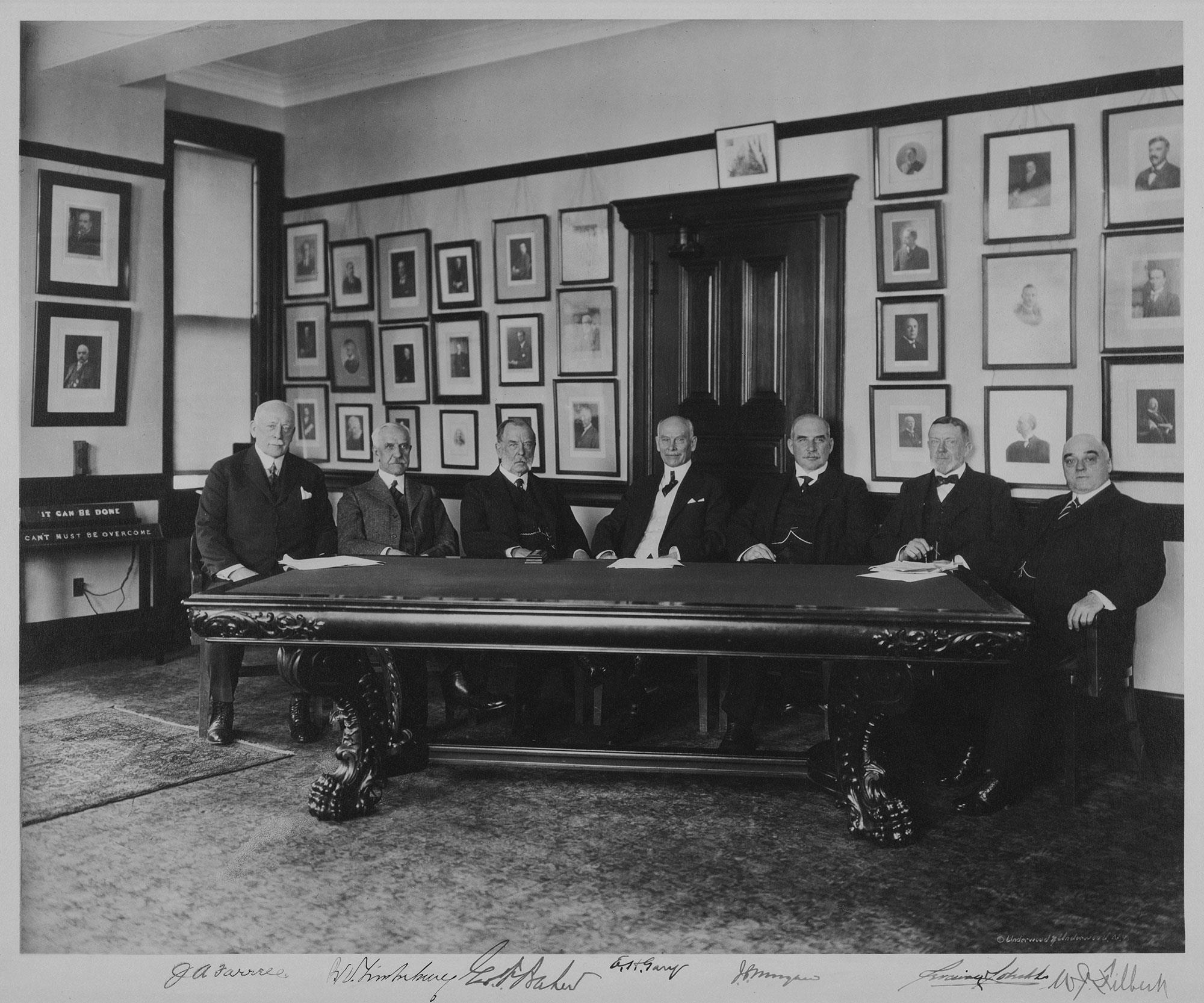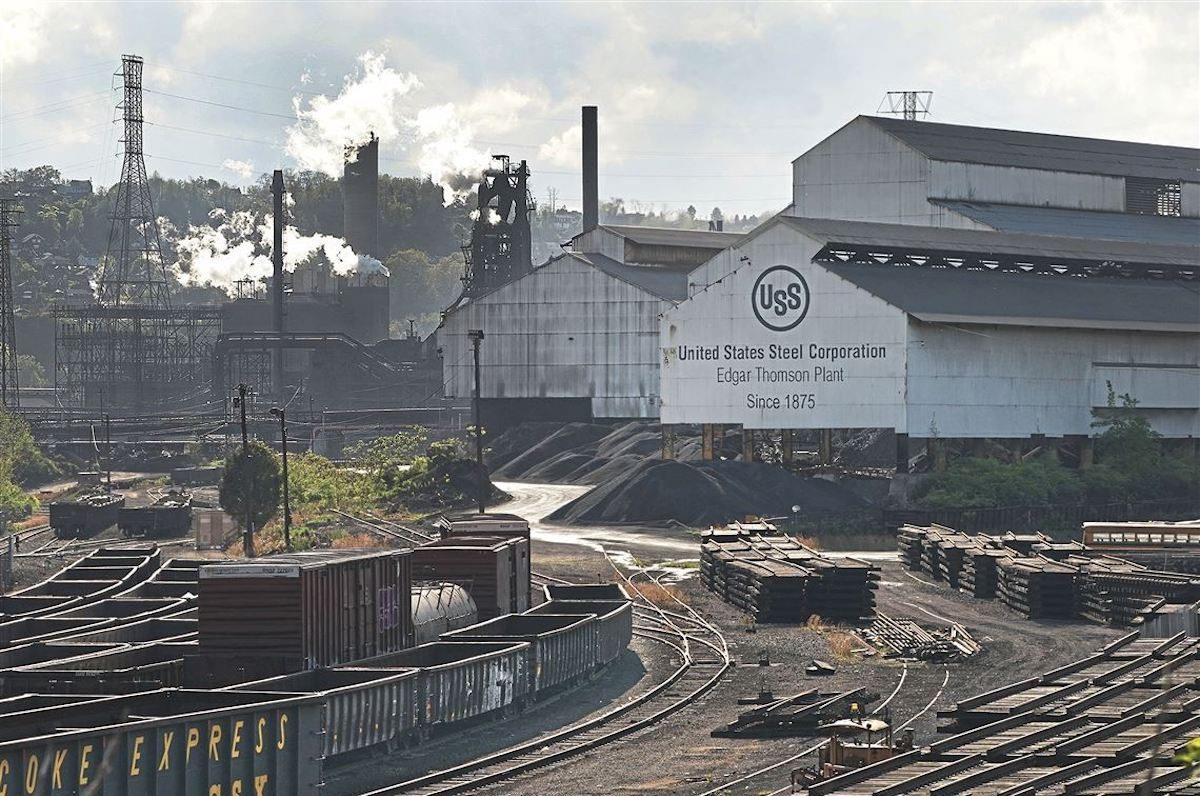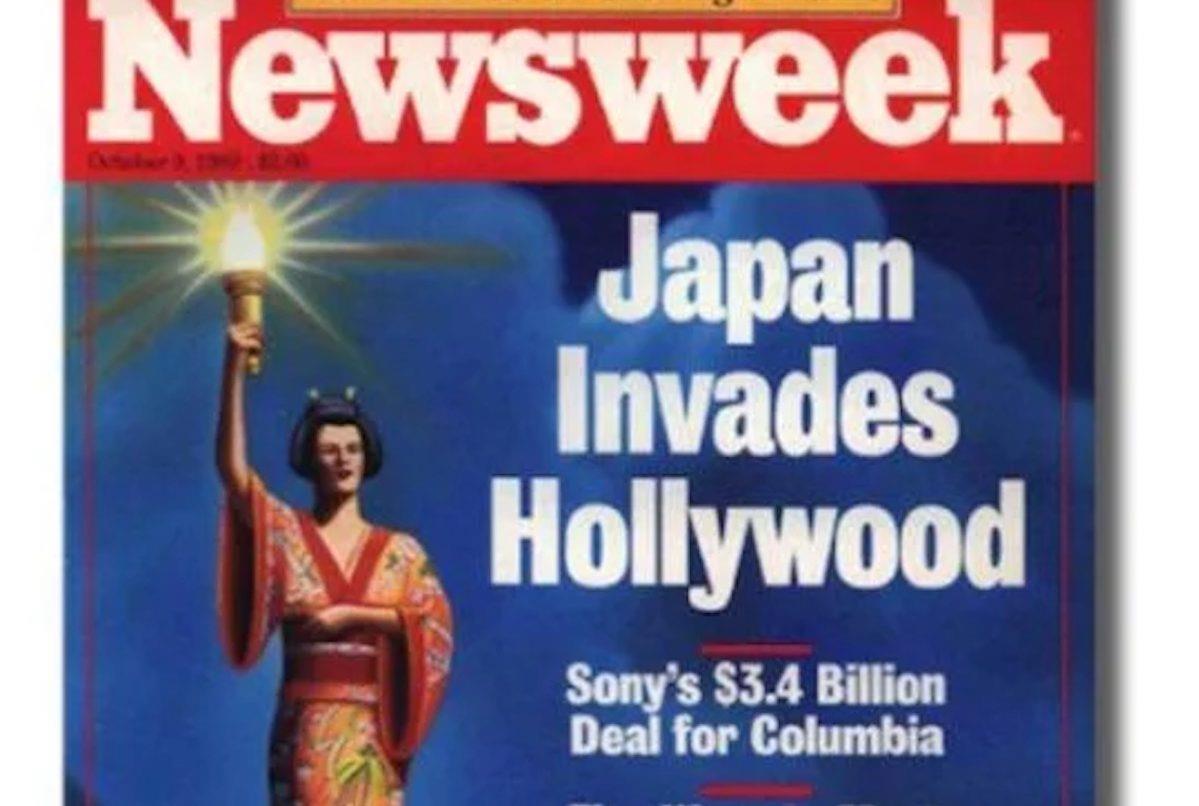
Unions, Politicians Getting Nippon-US Steel Deal All Wrong
There have been howls of disapproval and vows to block the deal – but that would be a mistake. The Nippon Steel purchase can advance both of Biden's objectives and show the world that economic security is not thinly veiled protectionism.
US Steel is an icon. It was arguably the most important company in the world when formed in 1901. It became the first billion-dollar corporation – its US $1.4 billion valuation was twice the size of the US federal budget – producing the metal that was the very embodiment of the Industrial Revolution.

US Steel Corporation Finance Committee, featuring George F. Baker (third from left) and J.P. Morgan (fifth from left), 1926. Photo: Baker Family Papers, Baker Library, Harvard Business School
For a company that once made 40% of all the steel in the world, the last few decades have been marked by stagnation and decline. Last year, its 15,000 employees – a sliver of its peak of 340,000 during World War II – produced 11.2 million tons of steel, 27th
in world output and second in the US. (By revenue, the company ranks third in the US.)
Experts and engineers struggle to identify any important innovation by the company in recent years. One analysis
concluded
that“no major steelmaking technology over the last century came out of US Steel.” Not surprisingly, the company lost money in nine of the last 15 years.
The company's woes amplified calls for protection of domestic markets. Donald Trump embraced that cause and imposed 25% tariffs on steel imports,
insisting
that“trade wars are good and easy to win.”

Legal Disclaimer:
MENAFN provides the
information “as is” without warranty of any kind. We do not accept
any responsibility or liability for the accuracy, content, images,
videos, licenses, completeness, legality, or reliability of the information
contained in this article. If you have any complaints or copyright
issues related to this article, kindly contact the provider above.


























Comments
No comment